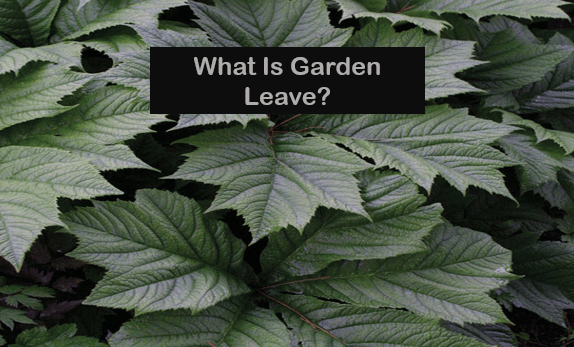What Is Garden Leave?
Garden leave is a term often heard in the business world, especially when it comes to employment contracts and transitions. But what exactly is garden leave, and how does it work? In this blog post, we’ll delve into the concept of garden leave, its purpose, and its implications for both employees and employers.

Defining Garden Leave
Garden leave, also known as gardening leave, is a period during which an employee who is leaving their job is required to stay away from the workplace while still being formally employed and receiving their usual salary and benefits. It’s often described as a “paid vacation” of sorts, but it’s not without its thorns.
Purpose of Garden Leave
1. Protecting Company Interests: One of the primary reasons employers utilize garden leave is to protect their interests. When an employee resigns or is asked to leave, they might have access to sensitive company information, clients, or trade secrets. Garden leave helps prevent employees from using this information to benefit a competitor or start their own venture during the notice period.
2. Maintaining Client Relationships: In businesses where client relationships are crucial, garden leave can serve as a way to ensure a smooth transition. During this time, the departing employee can’t directly contact clients, reducing the risk of clients following them to a new job.
3. Smooth Handover: Garden leave provides the company with a period to transition the departing employee’s responsibilities to someone else, ensuring that critical tasks are not disrupted.
Key Aspects of Garden Leave
1. Notice Period: The length of garden leave typically corresponds to the notice period stipulated in the employment contract. This can vary from a few weeks to several months, depending on the position and industry.
2. Salary and Benefits: Employees on garden leave continue to receive their regular salary and benefits. This is an important aspect as it ensures financial stability during the transition.
3. Restrictions: During garden leave, employees are usually subject to non-compete and non-solicitation clauses. They cannot work for a competitor or solicit clients or employees from their former workplace.
4. Returning Company Property: Employees are often required to return any company property, including laptops, access cards, and confidential documents, during garden leave.
5. Garden Leave in Contracts: Garden leave clauses are typically included in employment contracts, outlining the terms and conditions of the leave.
Is Garden Leave Mandatory?
Garden leave is not mandatory, and its use varies from one organization to another. It largely depends on the employment contract and the company’s policies. Some employees may negotiate garden leave clauses in their contracts to protect their own interests, while others may not encounter it at all during their careers.
Conclusion
Garden leave can be a mutually beneficial arrangement, offering employees a paid period of transition while protecting employers’ interests. Understanding its nuances is crucial for both parties when navigating employment changes. Whether you’re an employee pondering a new venture or an employer safeguarding your business, remember that garden leave, like any garden, requires careful tending to ensure a fruitful outcome.
FAQ’s
Can an employer put me on garden leave without my consent?
No, an employer cannot put you on garden leave without your consent if there is no garden leave clause in your contract of employment. However, if there is a garden leave clause in your contract, the employer can put you on garden leave even if you do not consent.
How long can I be on garden leave?
The maximum duration of garden leave is typically 6 months, but it can be shorter or longer depending on the circumstances. The employer must have a legitimate reason for putting you on garden leave, and the duration of the garden leave must be reasonable.
Can I be paid during garden leave?
Yes, you must be paid your full salary during garden leave. This is because you are still employed by the company, even though you are not working.
Can I be prevented from working for a competitor during garden leave?
Yes, your employer can prevent you from working for a competitor during garden leave. This is because the purpose of garden leave is to protect the company’s interests, and this includes preventing you from using confidential information or soliciting clients from the company.
Can I be prevented from contacting my colleagues during garden leave?
Your employer can prevent you from contacting your colleagues during garden leave, but this is not always the case. The employer must have a legitimate reason for preventing you from contacting your colleagues, and the restriction must be reasonable.
Can I challenge to Garden leave?
Yes, you can challenge garden leave if you believe that it is unreasonable or that it is not supported by your contract of employment. You can do this by contacting an employment lawyer.
